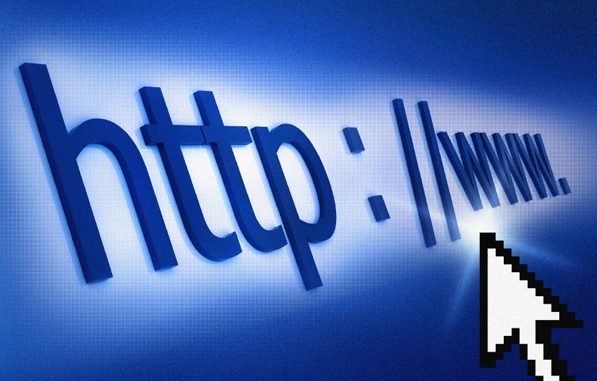
By
India leads the world in the number of internet shutdowns, with over 100 reported incidents in 2018 alone, according to a report by Freedom House, a U.S.-based non-profit that conducts research and advocacy on democracy, political freedom, and human rights.
Freedom on the Net, an annual study by Freedom House on internet and digital media freedom in 65 countries around the globe, which covers 87% of the world’s internet users, scores countries from zero (most free) to 100 (least free). This serves as the basis for an internet freedom status designation of “free” for countries that score between 0 and 30, “partly free” for countries between 31 and 60, or “not free” for those with scores of 61 or higher. The newly released report is the eighth in this series and covers developments that occurred between June 2017 and May 2018.
Of the 65 countries assessed, 26 have been on an overall decline since June 2017, while 19 saw net improvements. In almost half of the countries where internet freedom declined, the reductions were related to elections, the report said.
India scored 43, two points lower than last year. The biggest score declines took place in Egypt and Sri Lanka, followed by Cambodia, Kenya, Nigeria, the Philippines and Venezuela. China remained the worst abuser of internet freedom in 2018, and over the past year, its government hosted media officials from dozens of countries for seminars on its sprawling system of censorship and surveillance, the report said. Its score: 88.
In its country report on India, Freedom House said that while the Indian government has been restricting access to the internet since 2010, especially during so-called periods of unrest. Authorities temporarily shut down telecom networks during riots and protests, claiming the measures were needed to stop the spread of rumors and disinformation that was inciting violence against minorities. And the frequency, geographic distribution, and duration of those shutdowns have “increased significantly in the past four years.” That’s since the current Narendra Modi-led government came to power in 2014.
The restrictions lasted for hours, weeks, or even months at a stretch. Except for October 2017, there were instances of internet shutdowns in every month of the coverage period in the report. For instance, in 2017, officials directed service providers to restrict local mobile phone, SMS, wireless, or occasionally fixed-line internet service in at least 70 reported incidents across 19 states. This year has seen 96 reported incidents in the period covering January to mid-August across 14 states. The restive northern Indian state of Jammu and Kashmir recorded the most internet shutdowns in the country with 36 incidents in 2018, the report said.
Internet shutdowns come with an economic impact, as well. In one example, according to an April report by Indian Council for Research on International Economic Relations, a New Delhi-based think tank, 16,315 hours of internet shutdown in India from 2012 to 2017 cost the economy more than $3 billion.
But despite it all, India has a better score than its neighbors in the subcontinent: Bangladesh scored 51, Pakistan had 73 and Sri Lanka received 47. (Nepal was not on the list.)
Freedom House examines three broad categories in order to rate the countries:
Obstacles to access: what are the infrastructural and economic barriers to access; government efforts to block specific applications or technologies; and legal, regulatory, and ownership control over internet and mobile phone access
providers.
Limits on content: Are governments filtering and blocking websites; other forms of censorship and self-censorship; manipulation of content; the diversity of online news media; and use of digital media for social and political activism.
Violations of user rights: It measures legal protections and restrictions on online activity; surveillance; privacy; and repercussions for online activity, such as legal prosecution, imprisonment, physical attacks, or other forms of harassment.
Source: Forbes

Leave a Reply